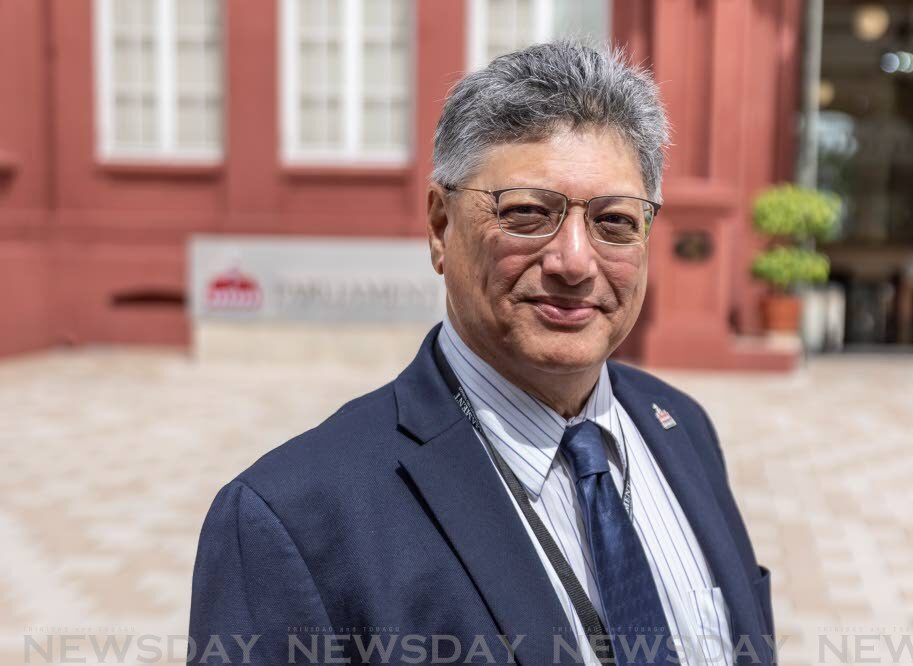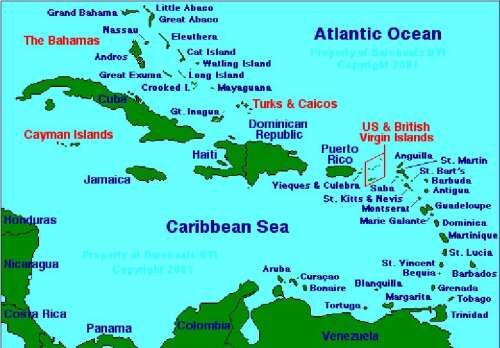Copyright stabroeknews

Dear Editor, The recent public discourse concerning the procedures for appointing the Leader of the Opposition following the first sitting of the 13th Parliament warrants a dispassionate examination of the constitutional and parliamentary framework. I also note the strong reactions expressed by Member of Parliament Mr. Sherod Duncan regarding the proceeding of the 1st Sitting of the 13th Parliament on his show and the concerns raised by former Member of Parliament Mr. David Patterson on social media. Such responses are not necessary at this time. I want to caution Team WIN, a trap is being set and thus legal consultation and caution are key at this point in time. I encourage Team WIN to seek guidance from former speakers like Mr. Ralph Ramkarran and Mr. Barton Scotland, both very honourable legal minds. A careful reading of the Constitution and the Standing Orders will illustrate that there is no need for anxiety at this time, but a clear understanding of your rights and the process. The process for recognizing the Leader of the Opposition is clearly outlined in the Constitution of Guyana, specifically Article 161 (1), which states: “Except for the purpose of electing a Speaker or a Deputy Speaker, the member of the National Assembly who is the leader of the party which holds the most seats in the Assembly, other than the party to which the President belongs, shall be invited by the President to become the Leader of the Opposition.” This article establishes a clear sequence: the identity of the relevant party leader must be established, after which the President extends a formal invitation. The subsequent role of the Speaker, as per the Standing Orders, is more procedural and is to formally declare this individual as the Leader of the Opposition for the purposes of parliamentary proceedings. But the critical step remains asking the Clerk to call the meeting to have the elections. A review of recent precedent is instructive. Following the 2020 elections, the first sitting of the 12th Parliament proceeded without a recognized Leader of the Opposition. This was due to a period of deliberation required to confirm the undisputed leadership of the largest opposition party. The situation was resolved after more than a month and only after the leadership was clearly established and communicated through the proper channels, allowing the constitutional process to be fulfilled. It is time for the WIN Team to write to all the opposition parties in Parliament asking them to a formal meeting with the Clerk acting as the Presiding Officer to hold the elections by a show of hands for the position of Leader of the Opposition to get the process rolling. The President cannot act without clear instructions as prescribed by the Constitution. This precedent demonstrates that the absence of a Leader of the Opposition at a first sitting is not, in itself, irregular. The business of the first sitting, as reflected in the Order Paper from September 1, 2020, some five years ago, is primarily ceremonial and administrative, focusing on the swearing-in of members and the election of the Speaker. The critical requirement is that the internal processes of the opposition parties are resolved to allow for a clear and constitutionally sound appointment thereafter. In the current context, the appropriate procedure is as follows: First, Members of Parliament from the largest non-governmental party should formally choose their candidate who shall serve as the Leader of the Opposition. This decision must then be communicated in writing to the Clerk of the National Assembly and all the opposition parties in the Parliament and ask for a formal meeting to elect the Leader of the Opposition. Next, the Clerk is expected to organize a process to verify that the identified leader has majority support from the opposition benches by a show of hands of all opposition Member of Parliament who are present. Once confirmation is achieved, the Clerk will inform the Speaker, who, in turn, notifies the President, but the WIN Team can also inform His Excellency. Only then does the President have the power to issue a formal invitation to the chosen individual to assume the office of Leader of the Opposition, after which the Speaker makes the official declaration in the House. The constitutional system is designed to be objective. However, as history shows, the process can experience delays due to necessary internal party confirmations. At this juncture, patience and a strict adherence to the legal and procedural roadmap are paramount. All stakeholders can be assured that the established framework, when followed diligently, will lead to the proper appointment of the Leader of the Opposition as mandated by the Constitution. There was no need to stand up on 3rd November, 2025 and make an objection on a point of order as being suggested by Mr. Duncan. It is either he does not know the process or he was attempting to make a fool of the WIN Team but there are enough educated Guyanese that can guide Mr. Mohamed and his team in these initial days; there is no need for Mr. Duncan’s or Mr. Patterson’s wisdom. Yours respectfully, Lancelot Hyman



